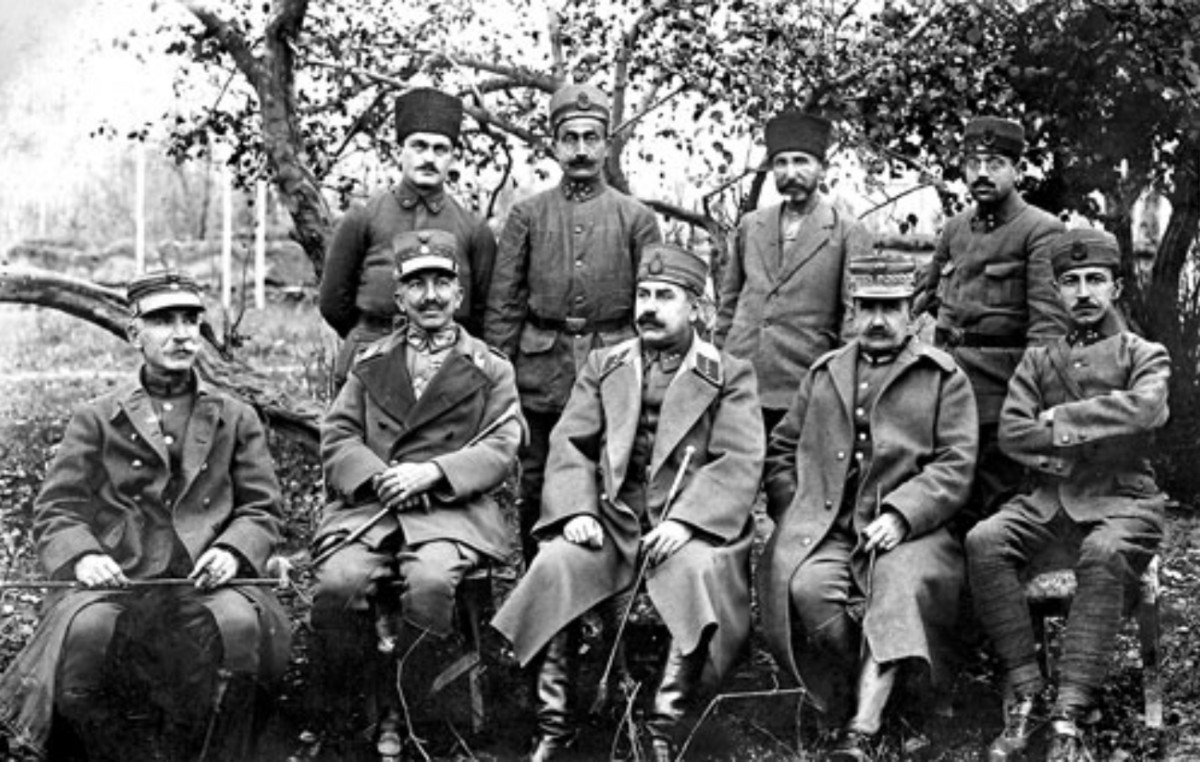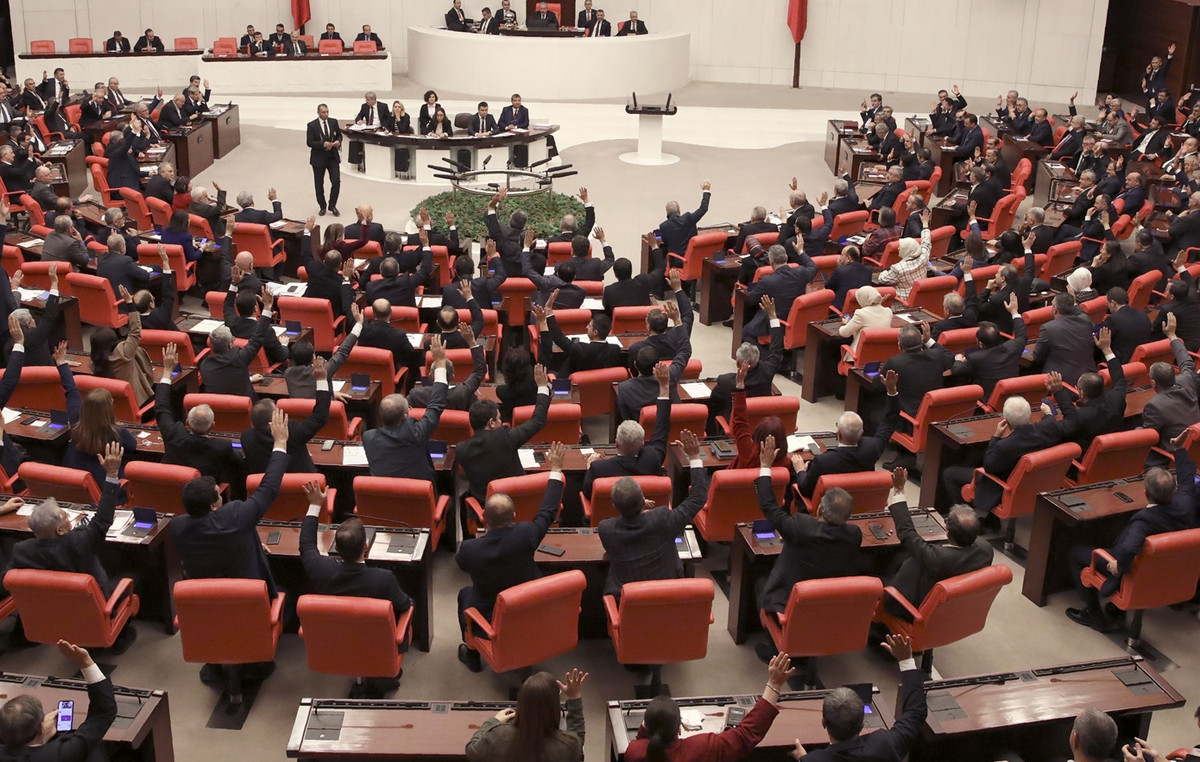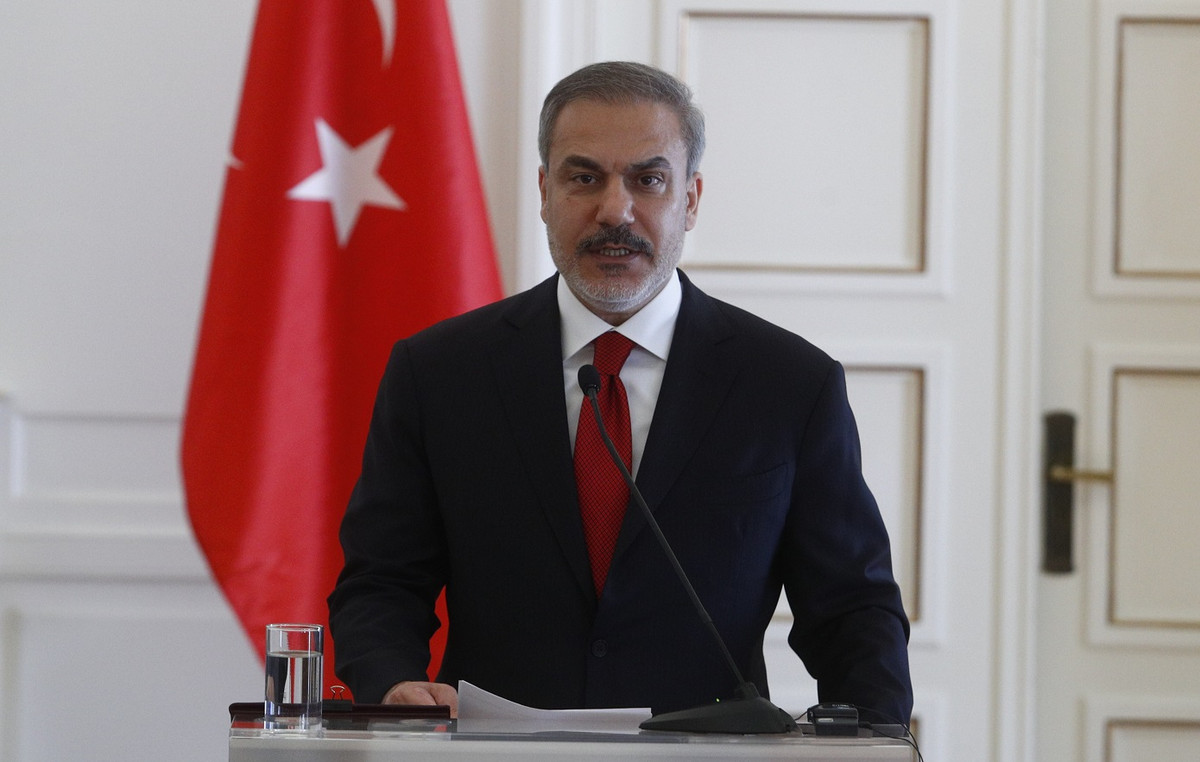On the ninth day of the Russian invasion of Ukraine, military analysts agree on at least one thing: The Russian invasion has not gone completely according to plan, as it seems disorganized, uncoordinated and slow to analysts.
According to CNBC, analysts believe that Russia expected to make much greater progress and, above all, to face much less resistance from Ukrainian forces and volunteer fighters as it launches attacks in various cities in northern, eastern and southern Ukraine.
Russian forces have so far captured a large city, Hersonissos, having bombed and surrounded the area in recent days.
Meanwhile, fighting continues around the other major cities of Kharkiv, Mariupol and Kiev, although a huge phalanx of Russian military vehicles heading for the capital this week appears to have stopped in recent days in the middle. unconfirmed reports of logistical problems and food and fuel shortages.
Summarizing Russia’s challenges, senior Atlantic Council think tank military associates said in an online post Wednesday that Russia had made key strategic mistakes in the first week of the war, particularly its failure to consolidate air supremacy and thus provide air support to ground forces. of.
“During the first week of the war, Russian ground forces stuck out of the Ukrainian cities of Kharkiv and Kyiv due to their failure to consolidate air superiority (which resulted in significant losses of aircraft and helicopters), too few troops to “They carried out three simultaneous attacks, poor coordination of fire and maneuvering, significant logistical problems and stronger than expected Ukrainian resistance,” they said.
Military analysts acknowledged, however, that “Russia’s naval supremacy in the Black Sea contributed to the success of its operations in the south, with Russian forces occupying territory in southern Ukraine,” while the capture of the city of Kherson was its most significant victory. so far during the invasion.
They noted that “although Ukraine has fought well and thwarted plans for a swift and decisive Russian victory, the situation remains dangerous. Russia is moving to encircle Kyiv and Kharkov and appears to have turned to indiscriminate long-range fire resulting in significant collateral losses in residential areas – and significant progress in the south. ”
Western intelligence officials have said the Russian invasion is behind the Kremlin timetable and there have been reports that Russian President Vladimir Putin is increasingly frustrated by Russia’s military struggles in Ukraine, current and former Americans told NBC News. with knowledge of the issue.
They also warned that Putin might see his only option in doubling Russia’s violence against Ukraine, and several analysts have questioned Putin’s rationale for Ukraine.
Without access to Putin’s inner circle, Russia’s timetable for invading Ukraine is largely speculative, and on Thursday Putin insisted that everything was “going according to plan,” saying “all the goals set have been achieved.” with success”.
He also reiterated Russia’s goal of “demilitarizing and de-Naziizing” Ukraine – a statement that has been widely disputed and ridiculed as an attempt by Russia to slander the Ukrainian leadership and promised compensation for the families of the dead and wounded. soldiers.
Disagreeing with Putin’s assessment (or propaganda) of Russian progress in the invasion, former CIA Director General David Petraeus said Putin’s war in Ukraine was “going badly” for Russia, telling CNN that ” at a strategic level, it has effectively united most of the rest of the world. ”
Col. Liam Collins, founding director of the Institute for Modern Warfare in New York, agrees, saying Thursday that the Ukrainian army and thousands of volunteers who remained in Ukraine to fight to save their country will continue to do so. show strong resistance in the country’s capital, Kyiv.
“The Russians must not only fight the Ukrainian forces there, but they must also fight all the armed volunteer fighters who will simply carry out attacks against them all the time,” he said, adding that the Ukrainians were preparing to launch a counterattack. against Russia.
“It will be worse than what the Russians had in Afghanistan, this is what the Ukrainians are going to do,” he said, referring to the prolonged, bloody and costly Soviet invasion of Afghanistan in 1979, which lasted 10 years and resulted in the loss of about 15,000 Soviet soldiers.
“It’s not going to be the slightest resistance from the Baltic states to the Cold War. “, he said.
As Ukrainian forces and volunteer fighters appear determined to confront Russian troops approaching Kyiv with a huge military phalanx, more than a million people are thought to have fled the country. The loss of civilians in Ukraine has prompted some Western officials, such as British Prime Minister Boris Johnson, to accuse Putin of war crimes.
Accurate figures for casualties and casualties, as well as for the loss of military equipment, are difficult to calculate in a war, as both sides have an interest in increasing their own achievements and degrading those of the adversary. Both sides also have an interest in minimizing their losses as they try to maintain the morale of their troops and people.
Determining the exact number of dead in the Russia-Ukraine crisis is therefore difficult amid the chaos of the conflict, but Ukraine claimed on Wednesday that more than 5,000 Russian soldiers had died in the conflict, with the Russian Defense Ministry saying on Wednesday that 498 Russian soldiers were killed and 1,597 wounded.
Ukraine is not a member of NATO, so the military alliance is not obliged to defend it, although some Western countries have sent weapons to Ukraine to help it defend itself.
“Despite the resistance that has gained worldwide support, the bigger picture does not seem to be good for Ukraine,” said one analyst, “and Ukraine needs more Western help if it is to stop Russia’s slow but destructive and discouraging advance.”
“While the advance of Russian forces appears to be slow and costly, the overall trend remains unfavorable for Ukraine,” Andrius Tursa, a Central and Eastern European adviser to Teneo Intelligence, said.
“If the West does not significantly increase its military support or if there is mass distancing / disobedience to the Russian armed forces, Russia is more likely to prevail in the long run, given its significant advantages in many areas.”
“Control of the capital, Kyiv, and the survival of President Volodymyr Zelensky’s administration are vital to the morale and defense of the Ukrainian side. And even if Russia’s military progress stops, Putin could use more and more power “weapons systems or even nuclear threats to force Kyiv to capitulate.”
Looking ahead, analysts agree that even if Russia “wins” over Ukraine, it will be the easy part and keep the country – whose population is predominantly pro-Western, and even more anti-Russian after the invasion. – will be much more difficult.
“The extremely strong resistance of the Ukrainian army and the local population confirms the expectation that long-term occupation of large parts of Ukrainian territory will be extremely difficult,” Tursa said, noting that any new administration based in Kyiv (as many analysts believe of the Russian plan) “will be deprived of legitimacy and will struggle to remain in control”.
Other analysts agree. Tim Dowse, a fellow at the Royal United Services Institute, said on Twitter that “despite the visible failures, it is realistically difficult to see how Russia will not eventually prevail militarily in Ukraine. The imbalance of power is simply too great.”
“How will Russia understand, control and manage a very large country of 40 million overwhelmingly hostile people, with a devastated economy, a need for major reconstruction of damaged infrastructure and possibly a serious humanitarian crisis?” He asked.
Even if Russia were able to find Ukrainians willing to form a new administration, Dowse questioned whether civil servants, police and other civil servants would be willing to take orders from such people.
Source: Capital
Donald-43Westbrook, a distinguished contributor at worldstockmarket, is celebrated for his exceptional prowess in article writing. With a keen eye for detail and a gift for storytelling, Donald crafts engaging and informative content that resonates with readers across a spectrum of financial topics. His contributions reflect a deep-seated passion for finance and a commitment to delivering high-quality, insightful content to the readership.







